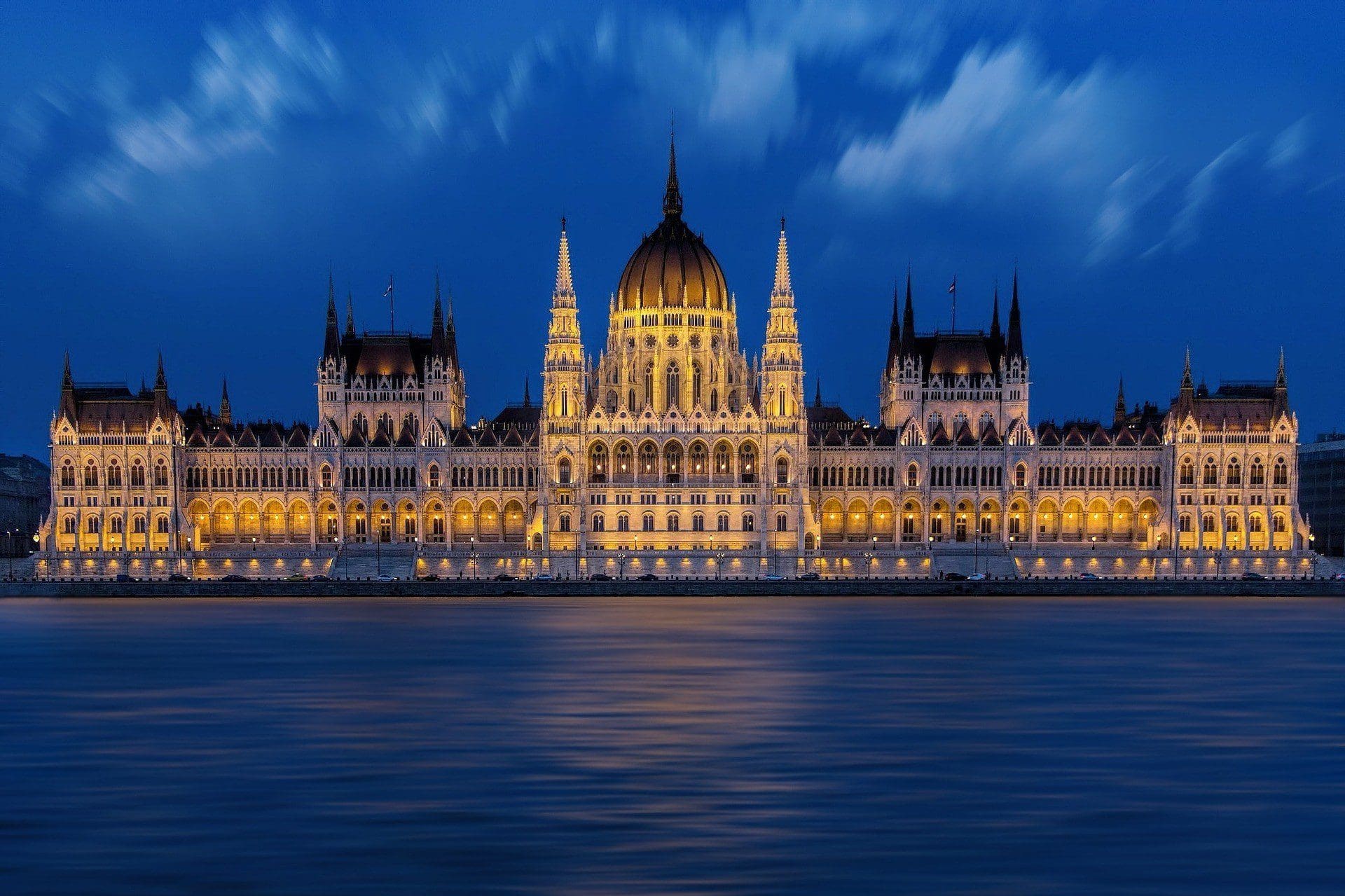Up until 2015 Hungary was rarely in the spotlight of international media attention. Hungary was a little-known country, generally associated with the superficial yet positive image of a beautiful capital city, tasty food, and thermal spas. Around 2015, however, the nature and intensity of international news reporting about Hungarian current events started to change. The uniform negative bias, which emerged as a response to Hungary’s conservative attitude towards migration, now rules international media reports about Hungary, and it is likely to have a long-lasting and unfavourable effect on Hungary’s international reputation.
It could be observed even in personal relations how the uniformly biased representation of Hungary in the global media is changing the perception of the country. Speaking with older people, my experience was that they tended to associate Hungary with the 1956 revolution. It is a picture of great heroic struggle against an oppressive one-party system, a moment in our history all Hungarians are proud of. Although, else then the Revolution, little was known by older generations about Hungary, still, their general take on the country was overwhelmingly positive. Lately, this favourable perception of Hungary has been rapidly and strikingly changing. Speaking with younger people about Hungary it soon became apparent to me that the first which comes to their mind is not 1956 anymore – but it is the catchphrase of the ‘backsliding Hungarian democracy’. Upon trying to investigate further, on what basis they think that the quality of the Hungarian democracy has declined, it turns out that they have little knowledge about what is going on in Hungary. Usually, they base their arguments on the simple notion that – ‘I heard it in the news’.
The nature of current Hungarian events, as well as the general ignorance about Hungary, are irrelevant in this question – internationally little was known before; little is known now about Hungary
What matters is that the underlying narrative about Hungary has shifted from a positive to a negative image and that this negative image is getting deeply embedded into all sources of ‘easily accessible’ knowledge about Hungary. Let us consider a few examples, the most widely accessed sources of international news to represent that Hungary is increasingly depicted negatively. First, let us turn to the source most people casually use to get – superficial – information from: Wikipedia. Right at the end of the lead, the ‘Politics of Hungary’ Wikipedia page[1] introduces the country with the following sentence “The Economist Intelligence Unit rated Hungary a “flawed democracy” in 2020”. Similarly to Wikipedia, USNews and the BBC country profiles of Hungary are also tilting towards the negative. After some preliminary information about Hungary’s geographical location, history and culture, USNews writes[2] that Hungary has a ‘fraught’ relationship with global leaders and that “the political climate in Hungary aligns with (…) growing populism and far-right political movements” adding that “human rights groups have accused Hungarian leaders of launching smear campaigns against civil society groups and of tolerating discrimination of the Roma”. The BBC’s country profile page of Hungary[3] mentions only three pieces of information about post-1989 Hungary: 1. Hungary joined NATO 2. Hungary joined the EU and 3. “2010 – Populist right-wing Prime Minister Viktor Orban consolidates power with increasingly authoritarian measures”.
The content of international news does not paint a more favourable picture about the country either. Politico articles[4]that come up for ‘Hungary’ have titles like “Hungary’s anti-LGBTQ+ law is a litmus test for the EU” and “US ‘deeply concerned’ about state of Hungarian media”. These articles include sentences like “The deployment of starvation tactics against asylum seekers in Hungarian detention facilities was not enough to trigger serious sanctions against the Orbán regime” and Klubrádió’s expired license is “a very worrying signal in terms of pluralism and media independence[5].”
Euronews seems to favour Hungary no more. The first articles that come up on their page under ‘Hungarian politics’[6]start with the following sentences: “Brussels has launched legal action against Hungary over a controversial new law that has been widely condemned as discriminatory and anti-LGBTIQ[7]” and “Opposition mayors in Eastern Europe are raising their voices against corruption and populism[8]”. The Guardian[9] with a title “Phones of journalist who tracked Viktor Orban’s childhood friend infected with spyware[10]” or the Atlantic[11] with articles such as “The EU Watches as Hungary Kills Democracy[12]” and “How Hungary became a Haven for the Alt-Right[13]” seem to broadcast a not more favourable views of Hungary to their readers.
Putting aside the content of Hungarian politics, the uniform negative bias of international news – which usually lack precision and crucial details – represent a change in Hungary’s international perception – which is likely to have long lasting negative effects on Hungary’s global reputation. As represented above, now the words which come to the mind of less informed people about Hungary are corruption, backsliding democracy, populism and the alt-right – not goulash, paprika and the Lake Balaton as before. This widespread negative conceptualisation of the country is not serving the interests of Hungary. We are a small country, and it is difficult to change the image about us once it is consolidated.
As for the reason of this negative narrative one might argue that after the migration crisis the right-wing leadership of Hungary became an easy bogyman to blame for the rising tensions in the EU – which then triggered and consolidated the above-outlined narrative. However, the attention to and impact of negative news (both generally and specifically in the case of Hungary) might have more fundamental (and none-political) reasons too.
Our brains’ have a ‘negative bias’ that is we are naturally more receptive of unpleasant news[14]. Negative impressions influence us more and have the power to override our positive intuitions – especially when the negative is so consistent – in Hungary’s case both across media platforms and in time since 2015. That is to say – unless radical steps are taken to restore Hungary’s positive media perception, and spread positive news about the country, the negative bias about Hungary is likely to stay for long – overshadowing Hungary’s reputation for at least a generation.
[1] https://en.wikipedia.org/wiki/Politics_of_Hungary, last accessed 05.10.2021
[2] https://www.usnews.com/news/best-countries/hungary, last accessed 05.10.2021
[3] https://www.bbc.com/news/world-europe-17380792, last accessed 05.10.2021
[4] https://www.politico.eu/tag/hungarian-politics/, last accessed 05.10.2021
[5] https://www.politico.eu/article/us-deeply-concerned-about-state-of-hungarian-media/, last accessed 05.10.2021
[6] https://www.euronews.com/tag/hungarian-politics, last accessed 05.10.2021
[7] https://www.euronews.com/2021/07/15/eu-begins-legal-action-against-hungary-over-anti-lgbt-law, last accessed 05.10.2021
[8] https://www.euronews.com/2021/03/05/hungarian-mayors-battle-government-over-finances, last accessed 05.10.2021
[9] https://www.theguardian.com/world/hungary, last accessed 05.10.2021
[10] https://www.theguardian.com/news/2021/sep/21/hungary-journalist-daniel-nemeth-phones-infected-with-nso-pegasus-spyware, last accessed 05.10.2021
[11] https://www.theatlantic.com/search/?q=hungary, last accessed 05.10.2021
[12] https://www.theatlantic.com/international/archive/2020/04/europe-hungary-viktor-orban-coronavirus-covid19-democracy/609313/, last accessed 05.10.2021
[13] https://www.theatlantic.com/international/archive/2017/05/how-hungary-became-a-haven-for-the-alt-right/527178/, last accessed 05.10.2021
[14] https://www.psychologytoday.com/us/articles/200306/our-brains-negative-bias, last accessed 05.10.2021








